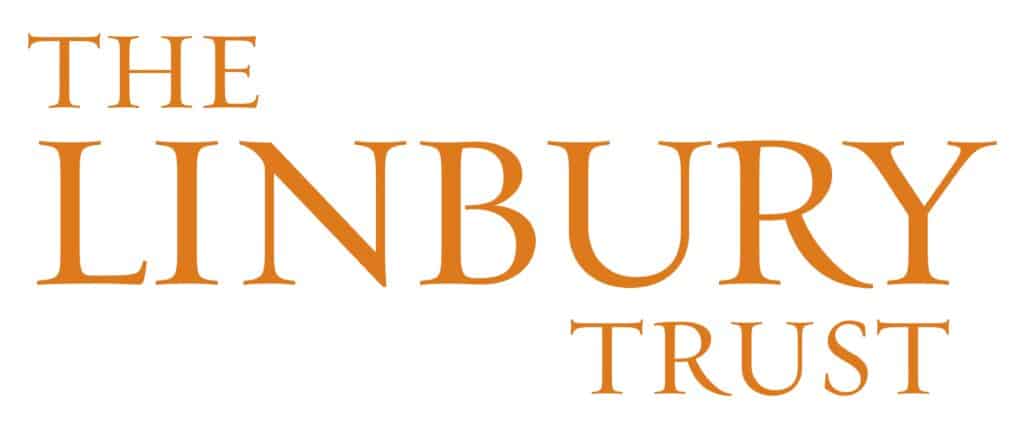WILDSCREEN FESTIVAL TANZANIA FILMMAKER CASE STUDIES: Hans Cosmas Ngoteya
In the latest in a series of Tanzanian filmmaker case studies, we meet Hans Cosmas Ngoteya, co-founder of Ngoteya Wild.
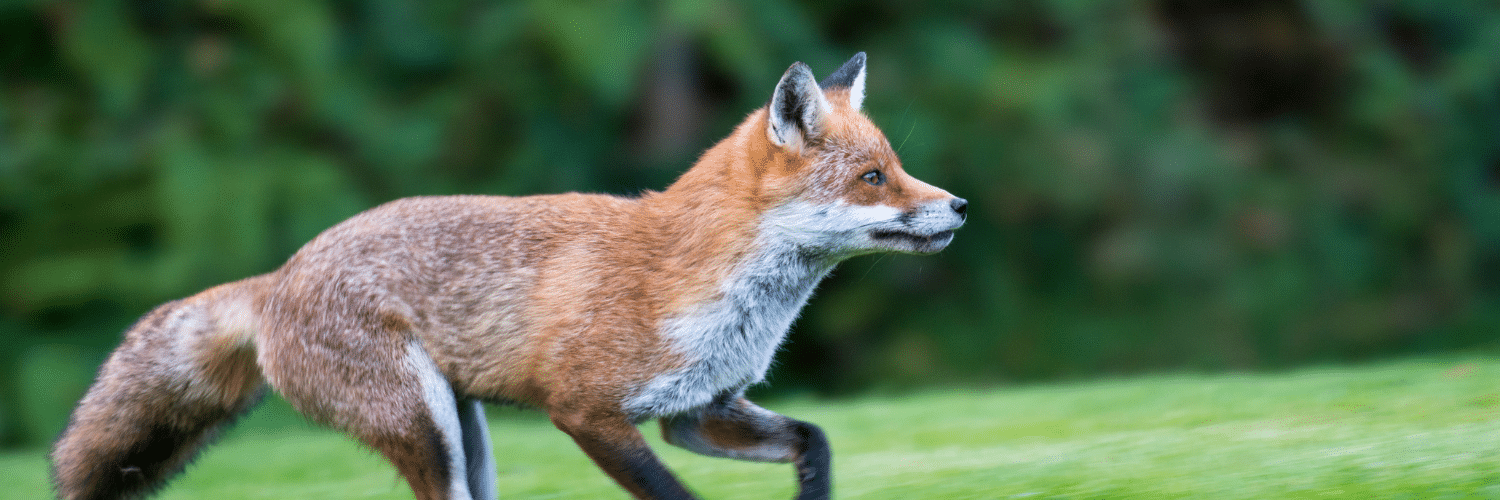
In the latest in a series of Tanzanian filmmaker case studies, we meet Hans Cosmas Ngoteya, co-founder of Ngoteya Wild.
In the latest in a series of Tanzanian filmmaker case studies, we meet Erica Rugabandana, founder of Sima Wild Film.
In the latest in a series of Tanzanian filmmaker case studies, we meet Eliya Lawrence Uzia, co-founder of Tanzania Wildlife Media Association (TaWiMa).

Connecting young people to nature has never been so important, but the next generation isn’t being given ample opportunities to learn about the beauty, wonder, and interconnectedness of nature, or how we as a species depend on it. In a 2020-21 survey, 42%of young people say they learnt a little, hardly anything, or nothing about the environment at school (SOS-UK). It’s no wonder then, that they are experiencing a “teenage dip” in their connection with nature. This is particularly concerning when the future of planetary health is dependent on our ability to lead young people’s stewardship of the environment.
With the February 2024 launch of Wildscreen ARK, our online nature education hub, we will support the GCSE in Natural History as a catalyst for change in the next generation, inspiring young people to have a greater sense of curiosity about the natural world and encouraging them to take action to protect it. Through the provision of high-quality teaching resources via Wildscreen ARK, both teachers and students will have the tools they need to supplement the curriculum and enrich learning.
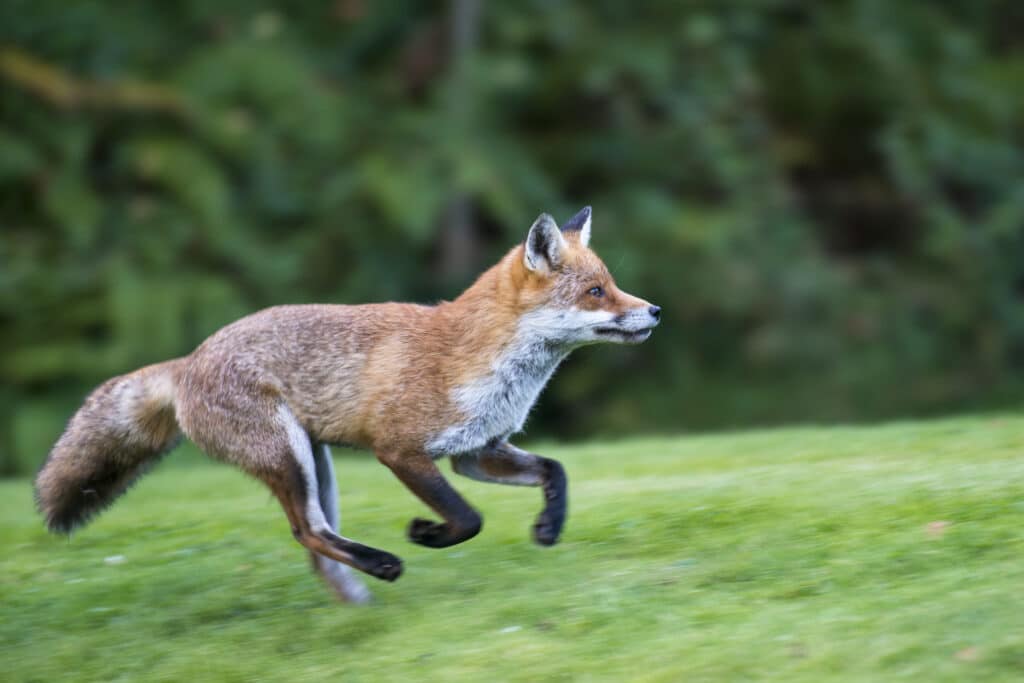
New opportunities
A multitude of young people are increasingly interested in the natural world, but there’s no one subject out there that can satisfy those curiosities. Science and geography come close, incorporating learning about natural history, however, there is little explicit teaching of why the natural world and biodiversity matters. Having a dedicated GCSE gives students more diversity of choice in exploring their growing passions.
Furthermore, the natural history industry is currently dominated by those with traditional science degrees. It’s Wildscreen’s hope that a Natural History GCSE will increase accessibility and engagement with nature for those with creative and arts-dominated options, and open up pathways and opportunities into the natural history filmmaking industry for more people. In the long run, this will diversify natural world storytelling and environmental communication.
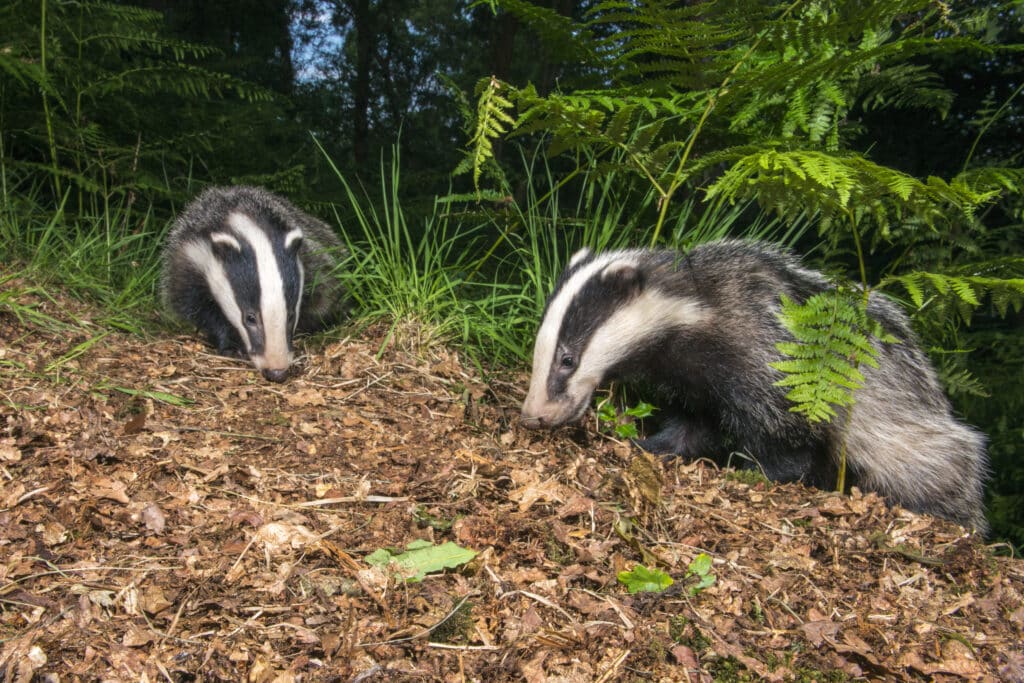
A Natural History GCSE will not only broaden the curriculum but increase the understanding of species identification within young people. A survey conducted by the Hoop Family app found that British children have become so disconnected with nature that they are now struggling to identify a whole host of the UK’s flora and fauna – 82% surveyed could not identify an oak leaf, 83% were unable to identify a bumblebee, 79% were unable to identify a woodpecker… so allowing them the opportunity to learn has never been more crucial. If they are able to see the world around them in detail and understand what they’re looking at, it allows more room to appreciate its value and beauty, inspiring further curiosity to discover how we can live sustainably alongside it.
Encouraging a fondness for the natural world and that euphoric sense of freedom it supplies is key to creating a better future for us all. We believe that giving young people the opportunity to truly explore their surroundings and equipping them with the knowledge needed to study and love nature will not only help the planet thrive but also boost their mental health. It’s of no surprise that immersing oneself in wilderness helps soothe the mind and ease anxieties, and is especially important at such a pivotal point in a young person’s life.
A study in Sheffield showed reduced access to green spaces were linked to higher rates of depression, and this is backed by the Mental Health Foundation, whose ‘Coronavirus Mental Health in the Pandemic’ research programme revealed that nature played a critical role in peoples’ positive mental health during the pandemic; 45% of those surveyed stated that visiting green spaces helped them cope with stress, and 73% said that connecting with nature had been important in managing their own mental health. With mental health becoming an increasing concern in young people, learning about nature can be part of the solution.
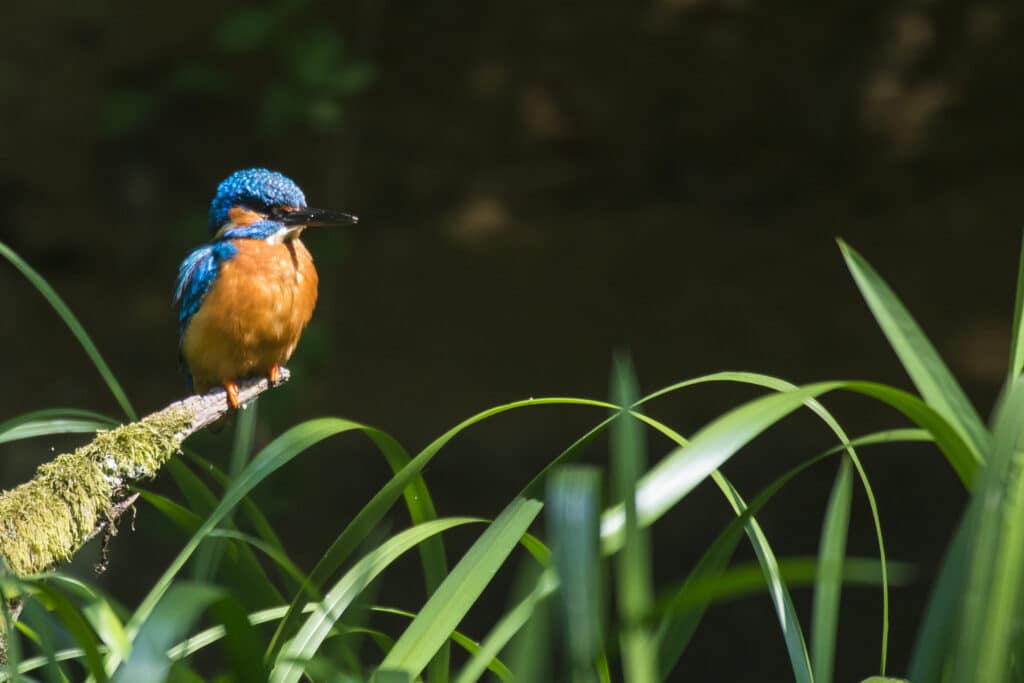
What’s next?
We’re very excited for the next stage of the consultation process and for the opportunity to support educators with natural history resources in time for them to start teaching. A wider focus in society on biodiversity and furthering conservation efforts could come from teaching the next generation the importance of our planet, and we are very much looking forward to what the future could hold. If more young people are learning about the value of nature, then more future careers are green careers.
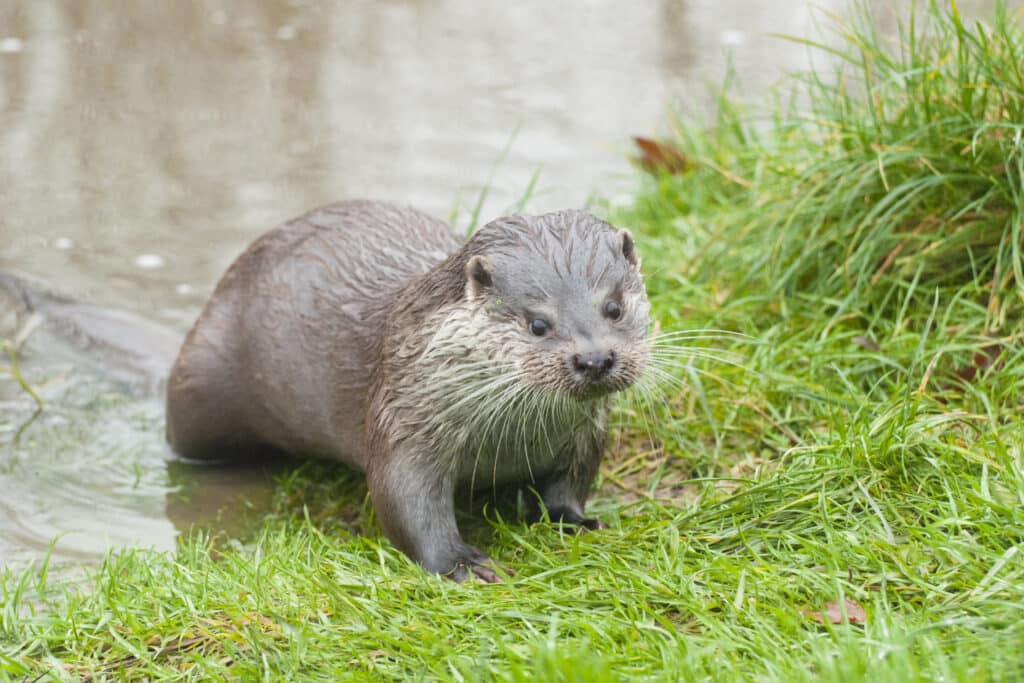
A Personal Perspective
As a young person writing this from the perspective of Wildscreen, I cannot emphasise enough how much the prospect of a Natural History GCSE coming into play means to me. Throughout my school years, I greatly enjoyed biology for the subject matter in hand but always felt like there was a proverbial itch it just couldn’t scratch. I absolutely adored looking into evolution, diversity, classification, genetics, and other such topics, but the rest of the subject did not satisfy my urge to learn more.
I wanted to know more about the flora and fauna of our world, how life on this planet came to be, how each and every species contributes to its environment, and more. And that’s what attracted me to the idea of thisGCSE: it will give others like me – those with a deep love and appreciation for the wildlife of Earth – a chance to explore that passion in an educational and fun way. I would have loved to have this as an option during secondary school.
While a part of me is admittedly jealous of the young people that will get to take this subject when I wasn’t given the opportunity, I know that this is a huge step in the right direction in so many ways. I know that when my niece is older and comes home from school asking for help, that will be the first time I’d look forward to doing homework!

Cameron Dicker
Cameron is a social media and communications intern at Wildscreen, supported by the Nisbet Trust.
Wildscreen ARK is generously funded by The Linbury Trust, Garfield Weston Foundation and The Nisbet Trust, with in-kind support from Rocketmakers.

